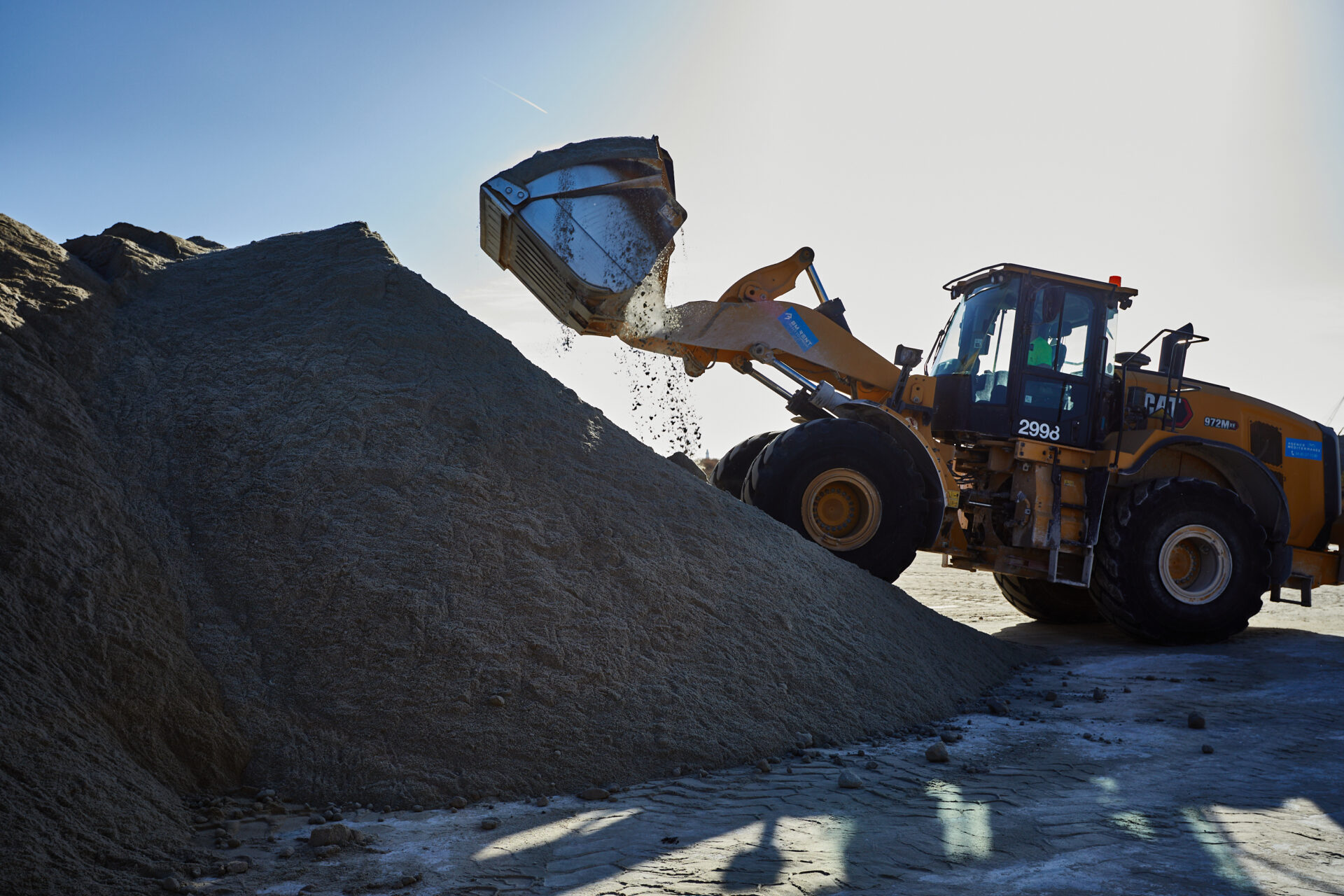
On May 28th 2024, the Irish government took a bold step towards a more sustainable future by mandating green procurement requirements for low carbon cement. This landmark decision marks a significant milestone in the journey towards developing a net-zero carbon society by 2050, as outlined in the national policy position.
Cement accounts for almost 5% of total national emissions in Ireland and almost 8% globally. Since clinker is the source of over 90% of emissions from cement, and cement in Ireland currently averages almost 85% clinker, this is a significant shift and sends a clear message to the construction industry to invest in low carbon products.
What This Means for Our Industry
At Ecocem, we have been at the forefront of advocating for low carbon solutions in the cement and concrete sector in Ireland for many years. The new mandate requires a 30% clinker substitution in concrete for all government and public works projects, alongside the phase-out of high clinker cement. This visionary step not only aligns with the ambitious targets set out in Climate Action Plan 2024, it also provides the necessary momentum for the industry to innovate and transition to lower carbon limits.
The four key objectives of Green Procurement Requirement:
The Role of GGBS and Low Carbon Cement Technologies
Our flagship product, GGBS, is key to achieving these new standards. It is currently the best available technology for reducing clinker levels in concrete, significantly lowering embodied carbon emissions. By incorporating GGBS into concrete mixes, we can substantially decrease the carbon content, contributing to the overall target of reducing embodied carbon in construction materials by at least 30% today. With the government’s support, we are poised to lead the charge in supplying low carbon cement solutions that meet these new procurement requirements.
The next stage of development of this procurement strategy will put carbon limits on concrete, leading to a further reduction in carbon per cubic metre. ACT, Ecocem’s next generation scalable low carbon cement technology has recently received European Technical Approval (ETA). It will be commercially available from 2026 and will provide the concrete industry with a new solution to meet the next phase of government requirements.
Building a Sustainable Future
The establishment of the Cement and Construction Sector Decarbonisation Working Group by the Department of Enterprise, Trade and Employment (DETE) reflects a cohesive and rigorous approach to implementing these ambitious goals. This initiative will unite public sector stakeholders, driving forward practical steps to reduce embodied carbon emissions through innovative procurement approaches.
Ireland is now at the forefront of public policy for cement decarbonisation in Europe. This is our moment to lead by example and demonstrate our commitment to a sustainable future. The introduction of carbon disclosure requirements, development of carbon databases, and implementation of economic incentives are crucial steps in this journey.
As we continue to build on this momentum, Ecocem is committed to investing in research, innovation, and the commercialisation of new low carbon materials and ACT technology.
We are excited about the opportunities the Green Procurement Requirements provide for the industry. By embracing these changes and continuing to innovate, we can pave the way for a greener, more sustainable construction industry. Together, we will set the standard for low carbon cement solutions, driving forward a future where sustainable construction is the norm.
Ecocem has obtained a Technical Evaluation of Products and Materials (Evaluation Technique de Produits et Matériaux, or ETPM) in the French market for ACT1 – the first version of our groundbreaking scalable cement technology.
Responding to the UN Environment Programme’s latest report Susan McGarry, Director of Public Affairs and Sustainability at Ecocem, looks at how the construction industry can accelerate decarbonisation.